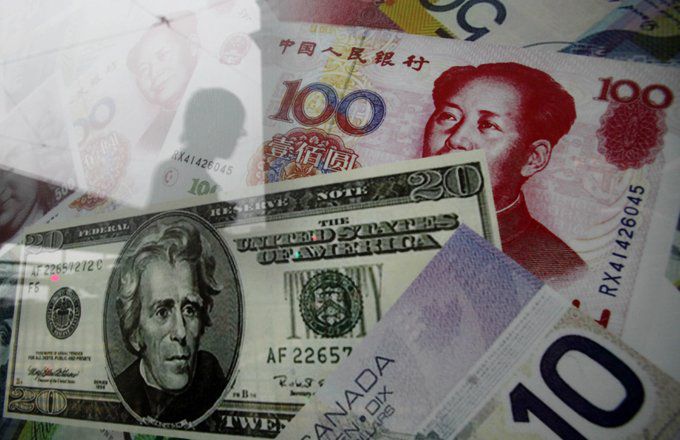
What is an Indicative Quote?
An indicative quote is a reasonable estimate of a currency’s current market price that is provided by a market maker to an investor upon request. However, this rate is not able to be dealt on, hence the word indicative.
In other words, when a market maker provides an indicative quote to a trader, the market maker is not obligated to honor the price stated in that quote if the counterparty chooses to transact in that currency pair.
Key Takeaways
- An indicative quote is a reasonable estimate of a currency’s current market price that is provided by a market maker to an investor upon request.
- The key point to note is that the market maker is not obligated to honor an indicative quote.
- An indicative quote is in direct contrast to a firm quote, which is guaranteed by the market maker.
Understanding Indicative Quote
Market makers will typically provide an indicative quote if a counterparty, usually a trader or client, expresses an interest in dealing in a currency pair, but does not provide any additional information, such as the volume to be transacted. Dealers may also provide indicative quotes if volatile market conditions limit their ability to transact at the prevailing market rates for that currency. The key point to note is that the market maker is not obligated to honor an indicative quote.
Generally. customers will request quotes to get an idea of where a currency is trading at before they make a decision to act. This is especially true for large trades because there is more at stake for each incremental price movement, or pip.
What they seek is an approximation, albeit one that is fairly accurate, of a currency pair’s market rate. Since the customer has expressed an interest to transact, a dealer will provide them with the best, non-guaranteed quote of where that currency pair can be bought or sold. In market parlance, this is known as an indicative quote
An indicative quote is in direct contrast to a firm quote. With this type of quotation, a dealer states the price, volume and any other details that are germane to conclude a transaction. It is non-negotiable and guaranteed, meaning that it will be honored if the counterparty chooses to transact on this quote.
Example of an Indicative Quote
A U.S. corporation is about to acquire a french company for €200 million Euros. They request a quote to gauge the amount of U.S. Dollars that will be needed to be exchanged to complete this transaction. The interbank rate for EUR/USD is 1.1520/1.1525, meaning that 1.1525 USD will be needed to buy one EUR. The market maker, aware of the company’s interest in buying a large amount of Euros, quotes them an indicative rate of 1.1535. From here the customer can either ask for a firm quote or pass and come back at a later date.
The bottom line is that traders can rely on indicative quotes to get a good idea of the exchange rate at which they can enter a foreign exchange transaction, though there is no commitment from the market maker to honor these quotes.


